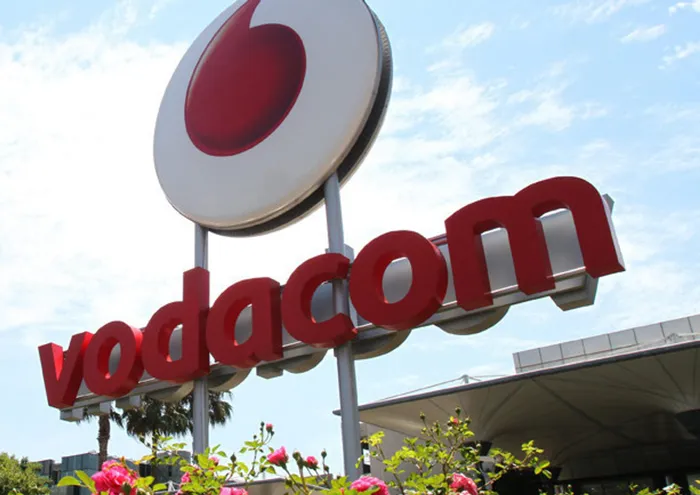Please Call ME case back in court

File photo: Nadine Hutton. File photo: Nadine Hutton.
Johannesburg - The attorney who served a letter of demand to Vodacom on behalf of an employee who wanted compensation for the Please Call Me idea took the stand on Thursday.
“The letter of demand dated January 19, 2008, I personally hand-delivered that letter to Vodacom,” Popo Masilo told the High Court in Johannesburg.
“I did not personally write the letter, the letter was dictated to us by the instructing advocate.”
Masilo was the original attorney appointed by former Vodacom employee Nkosana Makete who took Vodacom to court to get compensation for the Please Call Me service which he claims he invented in 2000.
Makete said the executive for product development at the time, Philip Geissler, promised in an oral agreement to facilitate remuneration negotiations with the company.
Geissler submitted the idea and said he would negotiate remuneration between Makete and Vodacom once it was developed and its technical and commercial feasibility had been ascertained.
On Thursday, the court heard that Vodacom responded to the first letter of demand on February 14, 2008.
In the case documents handed to the court on Thursday by Masilo, another letter of demand, dated March 12, 2008 was discovered.
The court heard the letter was a “draft letter” and was never delivered to Vodacom.
“After receiving the reply letter from Vodacom it was clear that Vodacom was not willing to negotiate and we decided to rather continue serving them with a summons instead,” Masilo explained.
Fanie Cilliers, SC, for Vodacom, questioned Masilo on why he wrote the number of the sheriff in Halfway House, Midrand, on the document, why it was a copy, and where the original of the letter was.
Masilo explained: “I don't know where the original is... At the time we took a decision not to send it out so it could've been misplaced.”
The number was written on the document because he was in a rush and because it would not be sent. He used it as scrap paper, the court heard.
He said the document was not typed on the firm's letterhead so it was not official or “important” and that he would never hand an unofficial letter to Vodacom.
Cilliers said the letter was signed and asked Masilo why he would go to the trouble of writing the document and sign it if he had no intention of sending it out.
Masilo said he could not explain why he signed it but said it was a draft document and his signature did not “make any difference”.
Before breaking for lunch, Judge Phillip Coppin told Cilliers to “stop harassing the witness”.
Makete first approached the high court in 2008, after he sent letters to Vodacom in 2007.
He sat in the last bench of the public gallery listening to procedures.
Masilo handed over the documents on Thursday morning and could not recall when his firm stopped representing Makete.
On Wednesday, former Vodacom CEO Alan Knott-Craig testified that the notion of an employee seeking compensation for an idea was foreign to him.
He said Vodacom never had a revenue-share agreement with employees.
The matter continues.
Sapa